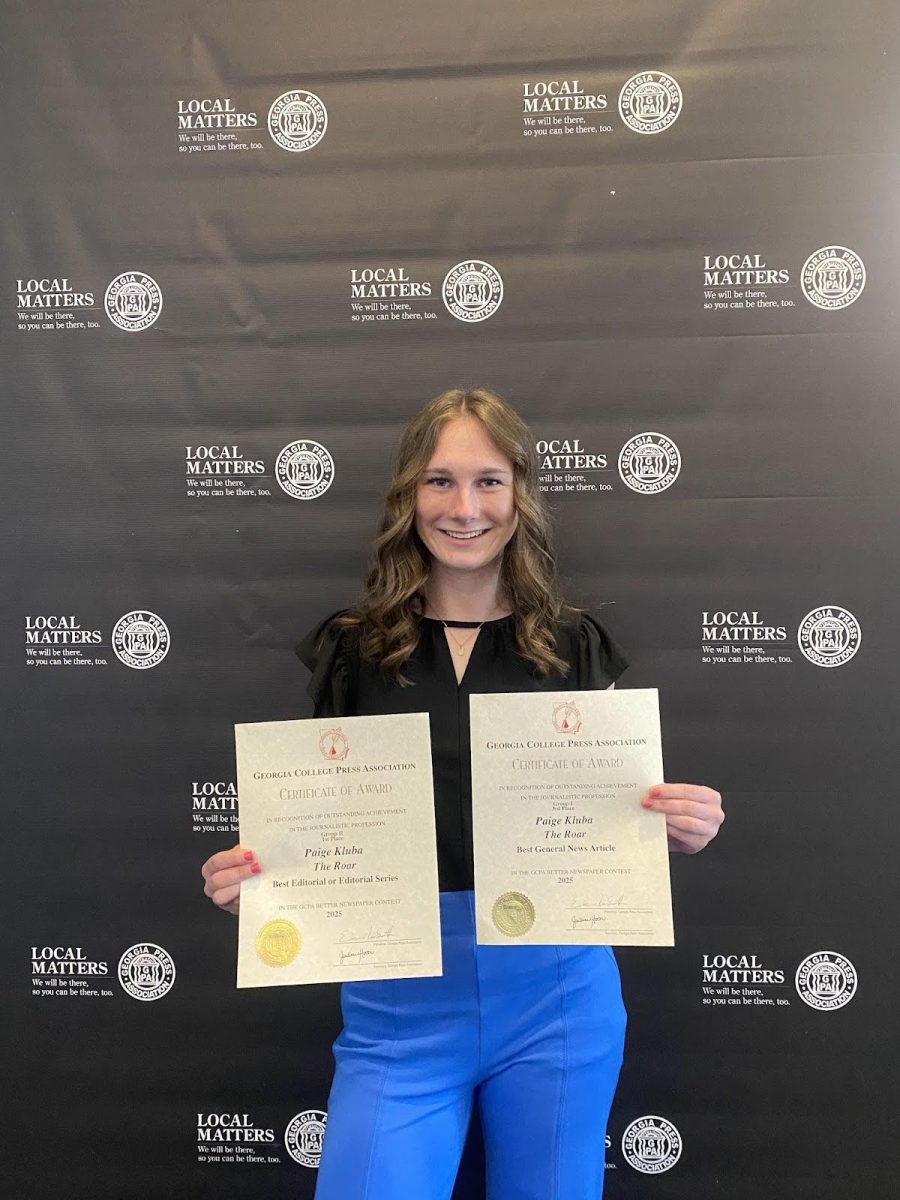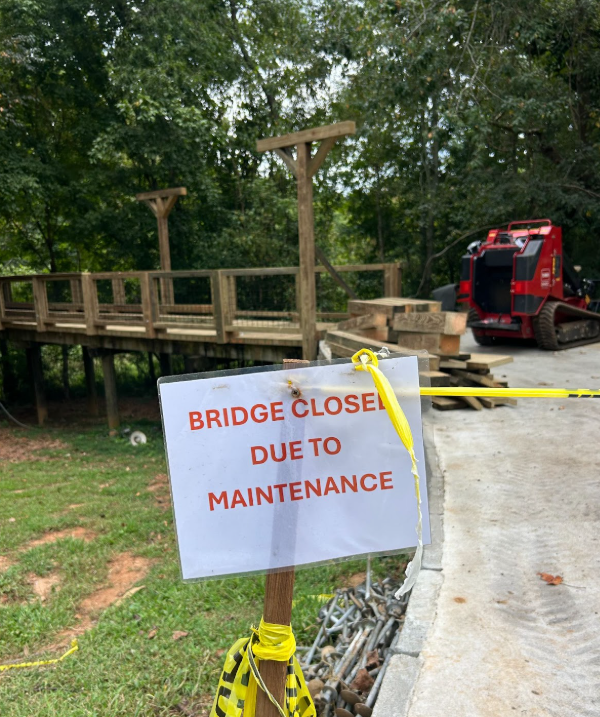
When athletes say their sport is their life…some really mean it.
Jason Johnson, age 45, grew up in Heber, Arizona and his life revolved around baseball. The love for the game began for Johnson at the youngest age you can play T-ball, 6. Ever since then, it has been hard for him to set the bat and glove down.
Johnson attended Mogollon High School in Heber, a small high school which had approximately 40 graduates in Johnson’s class. He played sports all throughout his four years there until he graduated in 1997. Although baseball was his one true love, he also found himself playing basketball and football during the offseason.
“Sports and school took up most of my time. Sometimes I’d find myself studying in the halls during lunch, or out on the lawn just to stay on top of my studies so I never had to miss baseball,” said Johnson. “I had to get good grades. I was expected to get all A’s by my father and if you were an athlete at our school you were required to have C’s or higher to play. If you had a D in a class, well it sucks to be you because you weren’t playing.”
Mogollon was strict on their athletes maintaining passing grades to participate in sports. They believed, as many schools do, that studies come first, and sports is a privilege. If you were ineligible, you were ineligible.
“I never really struggled with time management,” said Johnson. “I figured out how to manage my busy schedule in order to be on the field. I never missed baseball to catch up on schoolwork. I never let myself get to that point because I love baseball too much. I took too much pride in my grades because I wanted to play division one baseball in college, and I wasn’t letting anything get in the way of that.”
Being recruited to play at a higher level beyond high school was always the dream for Johnson. His coaches would receive letters in the mail which were given to him inviting him to play in front of different colleges and coaches.
“I wanted a full ride scholarship because I wanted to focus on baseball and because it would financially support me knowing my parents couldn’t afford it.”
Johnson attended these colleges and played with and against many D1 prospects, all while showing and proving he was also D1 material. However, Johnson never played D1 baseball.
“I didn’t get a D1 scholarship,” said Johnson. “I was told by many coaches I was a D1 prospect, but since I went to a small high school and played against small schools, the stats I had would not compare to the kids who came from bigger schools. Although I had the chance to play against these kids, and showcase my talent and prove myself, they continued to tell me there is no way they could go to a board and prove I was scholarship material due to my stats being from such a small school. They suggested I go to a smaller school first like a D3 or junior college.”
Johnson decided to not take the suggested route. He let his ego get in the way. “I was upset and angry,” said Johnson. “I proved to them I can play D1. The coaches told me I could be a great player at their school but wouldn’t give me the chance. I had professional baseball scouts wanting me to enter the draft after high school. The Atlanta Braves, San Diego Padres, Seattle Mariners, and especially Colorado Rockies, really pursued me my senior year. They wanted me to enter the draft and to commit to them that I would enter the draft if they were to pick me. I didn’t need college, but I wanted to work my way up. I thought college ball was first, then minor leagues then major leagues hopefully.”
Johnson admits he regrets not taking the route to play at a smaller school and working his way up to a bigger school. He said, “I was a stupid stubborn kid and wish I would have just listened and continued to prove myself that I could play a game I was really good at.”
Johnson currently resides in Senoia, Georgia with his wife of twenty-five years. They have five children together, including two boys who both followed in their dad’s footsteps and gave baseball a try. Johnson works for Reams Enterprises as a construction project manager and oversees commercial and government construction jobs ranging from $100,000 to $20 million.
“I wish I would have gone back and done it different,” said Johnson. “I don’t know how different my life would have been, but I know I wouldn’t have the regrets I have now. Even if I failed, at least I could have said I tried. I won’t ever know now. I miss it every day.”
When asked what advice he would give young aspiring student-athletes, he simply said, “Never give up on your dream.”














Makenzie • Jan 30, 2024 at 9:30 pm
Written beautifully!